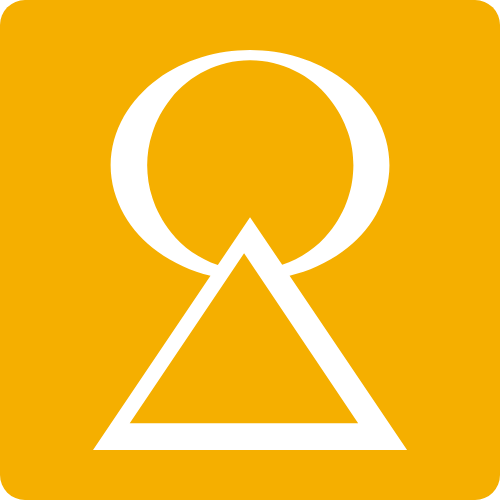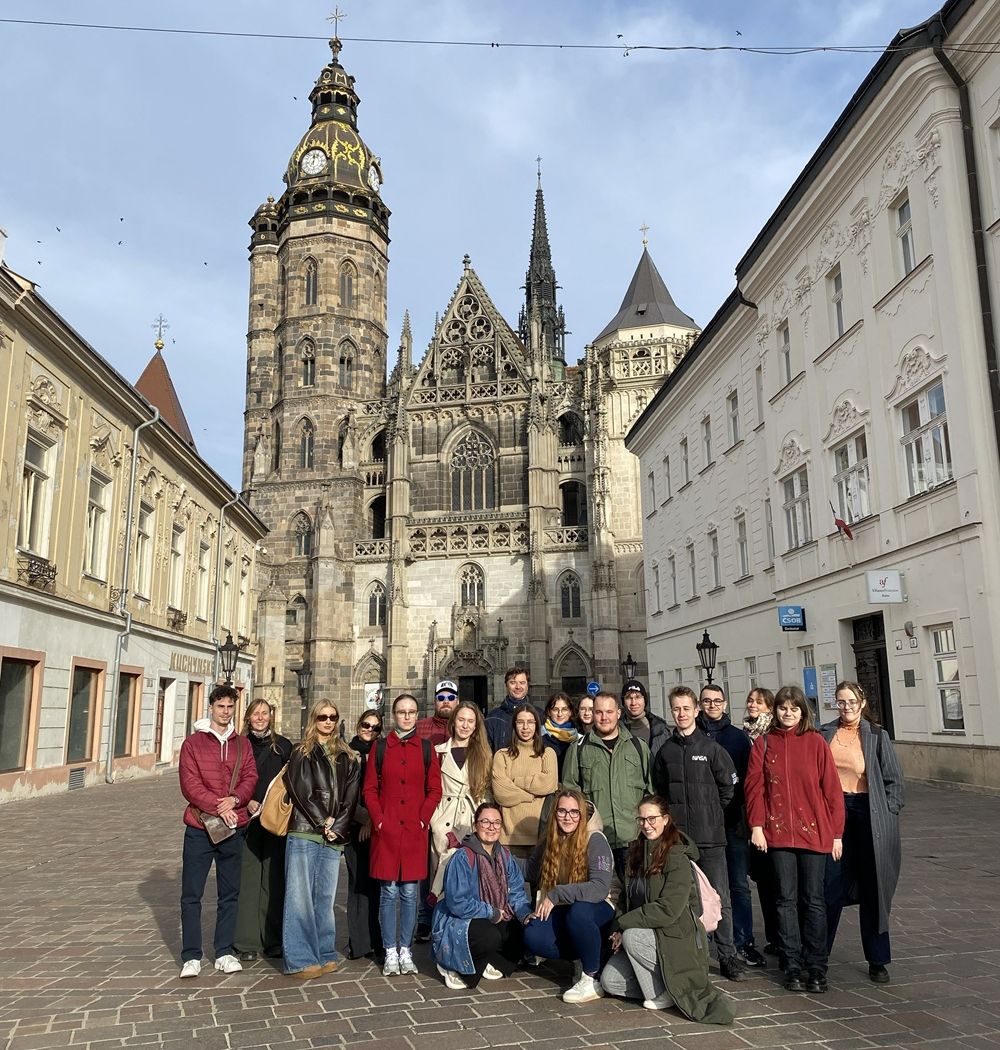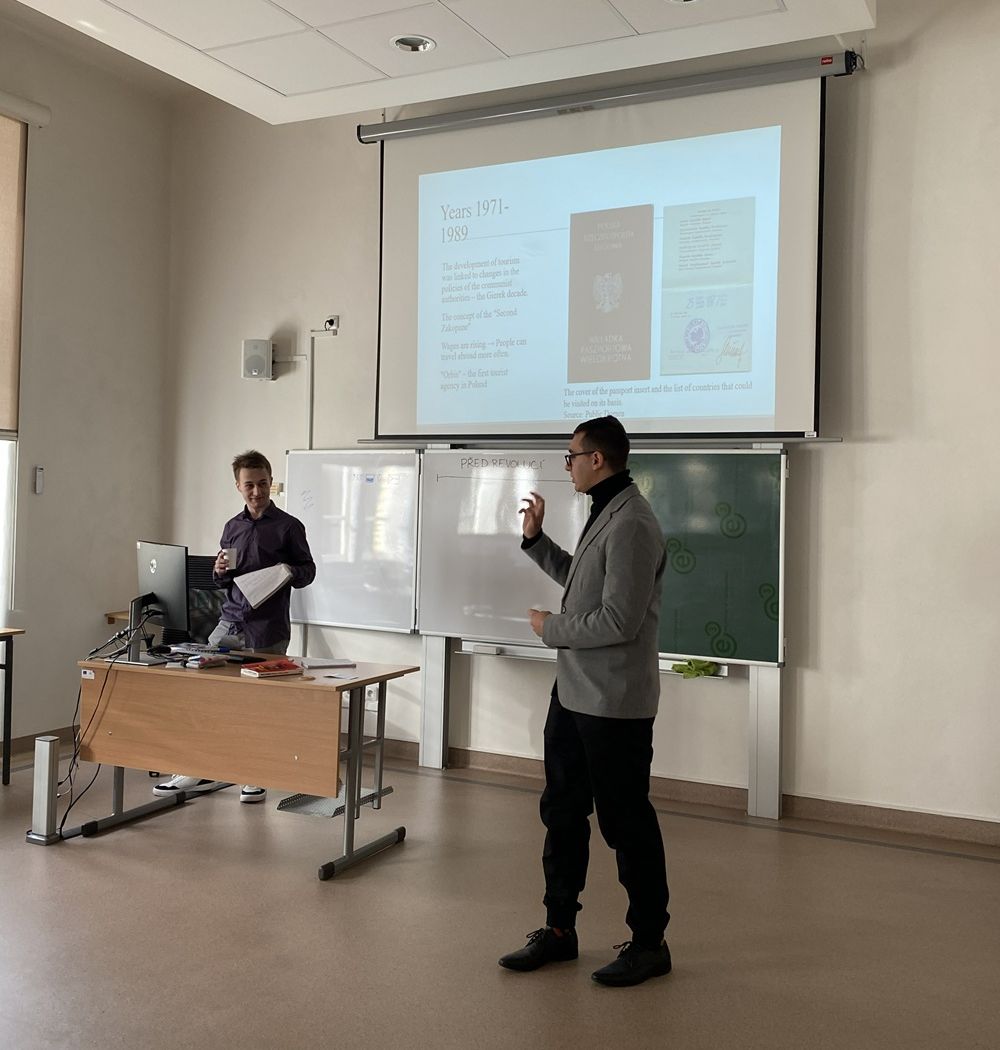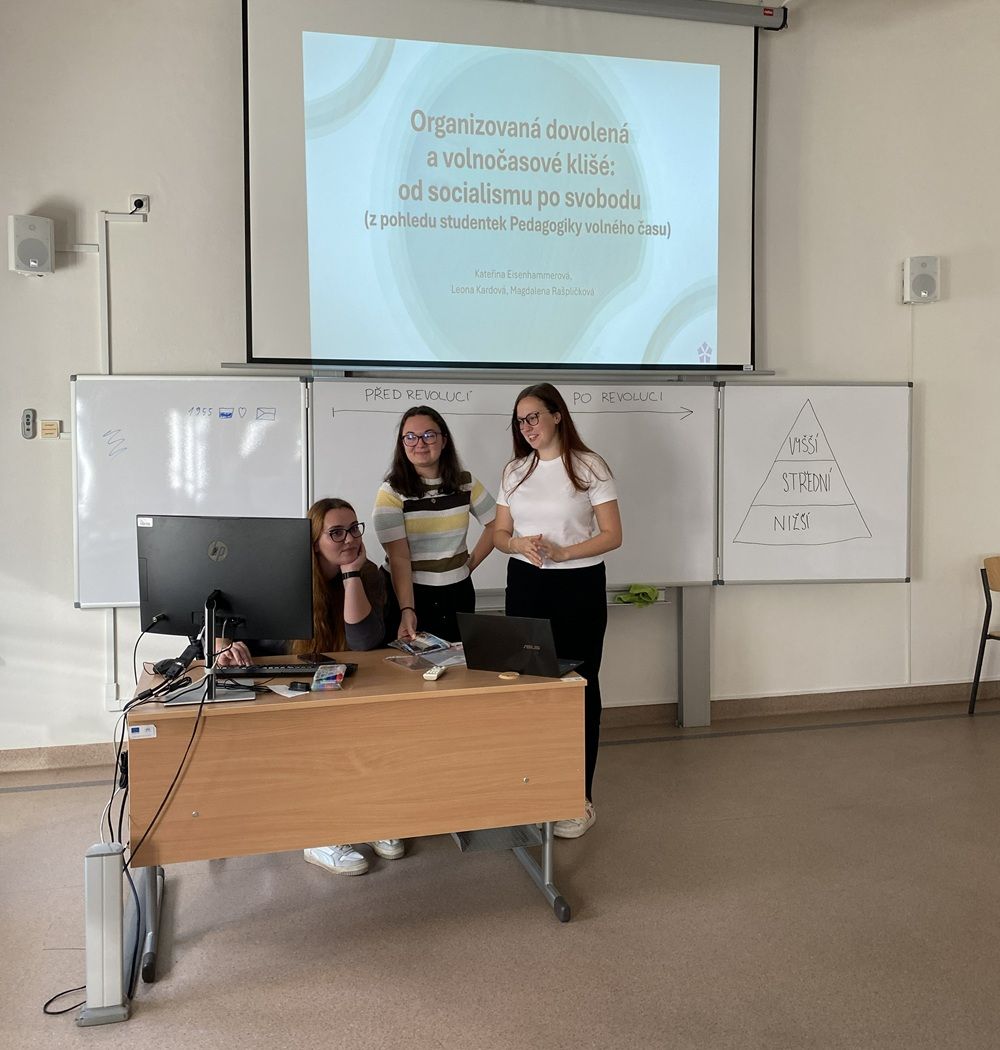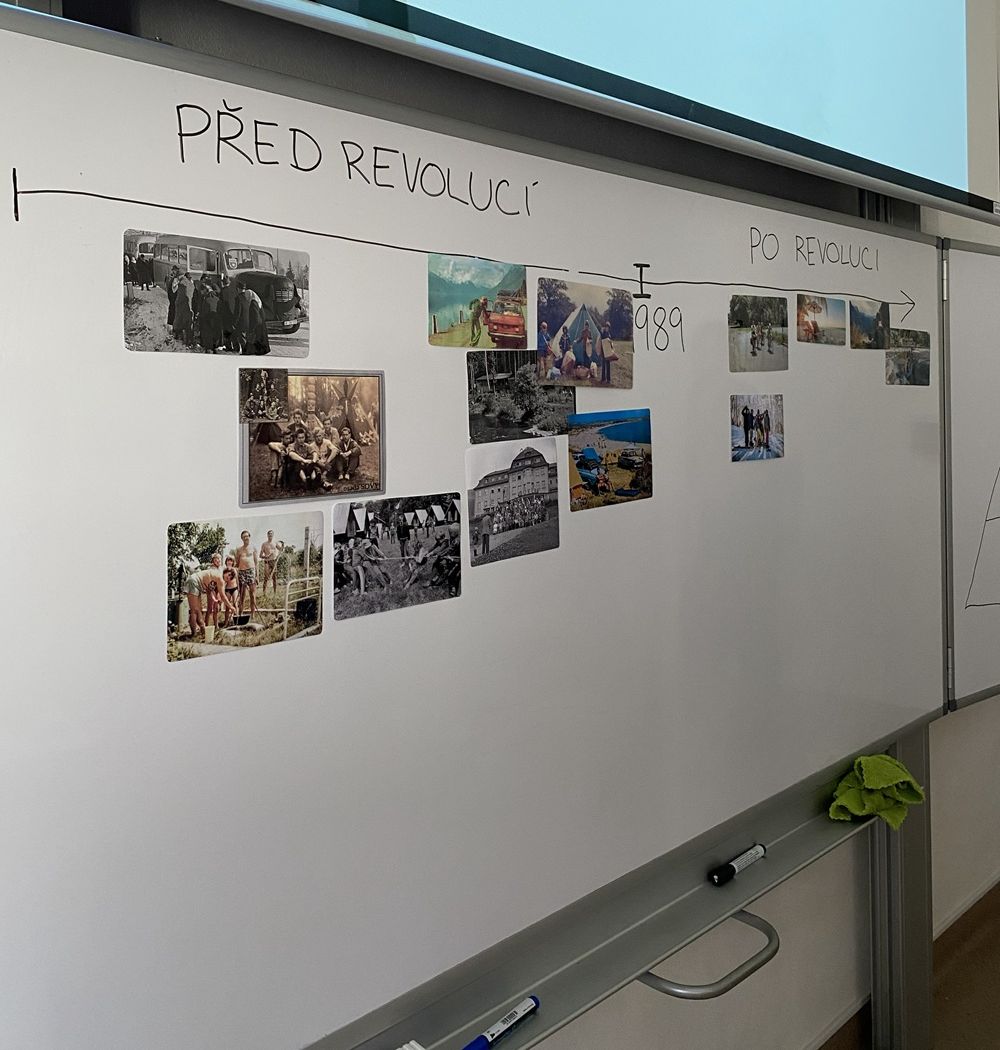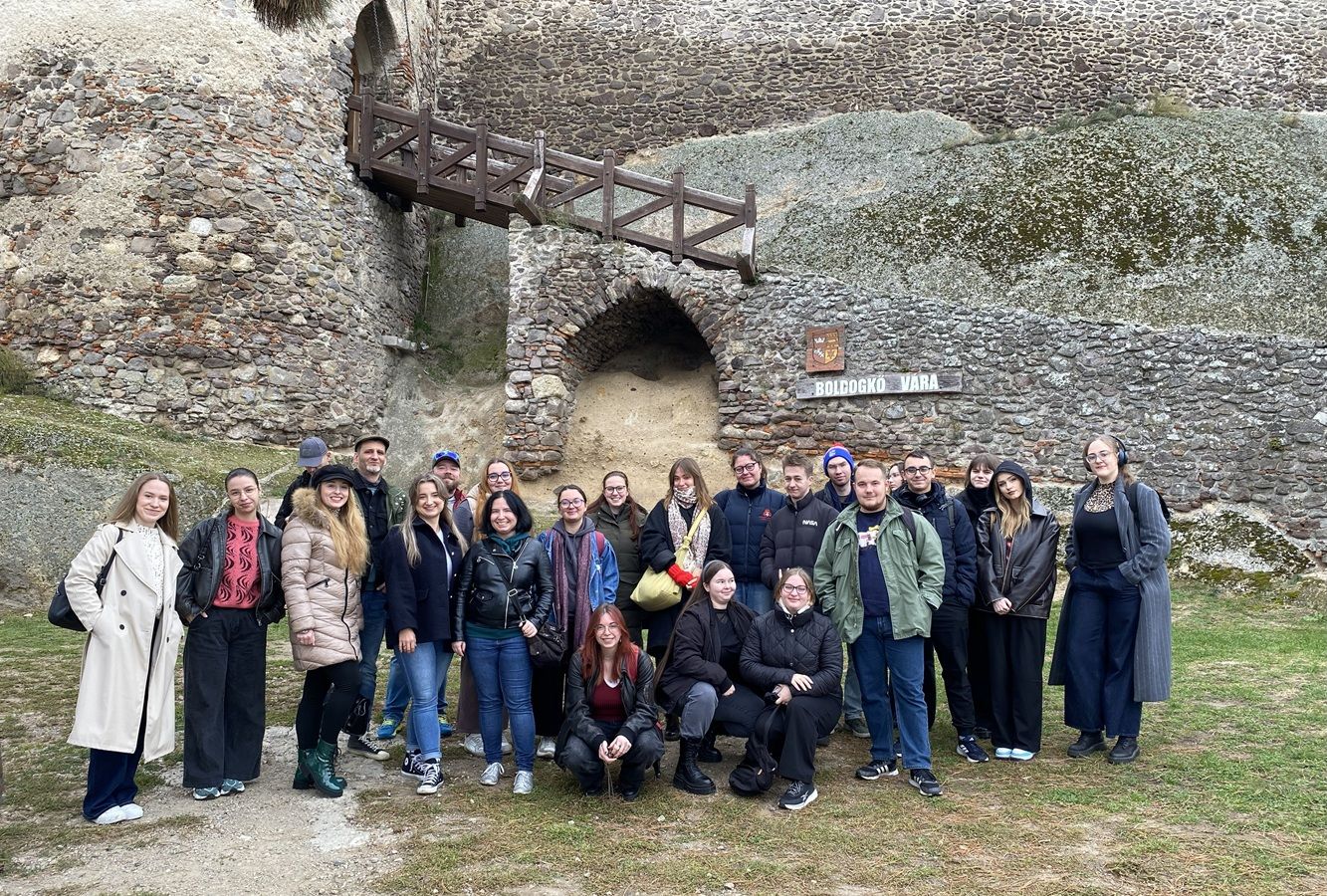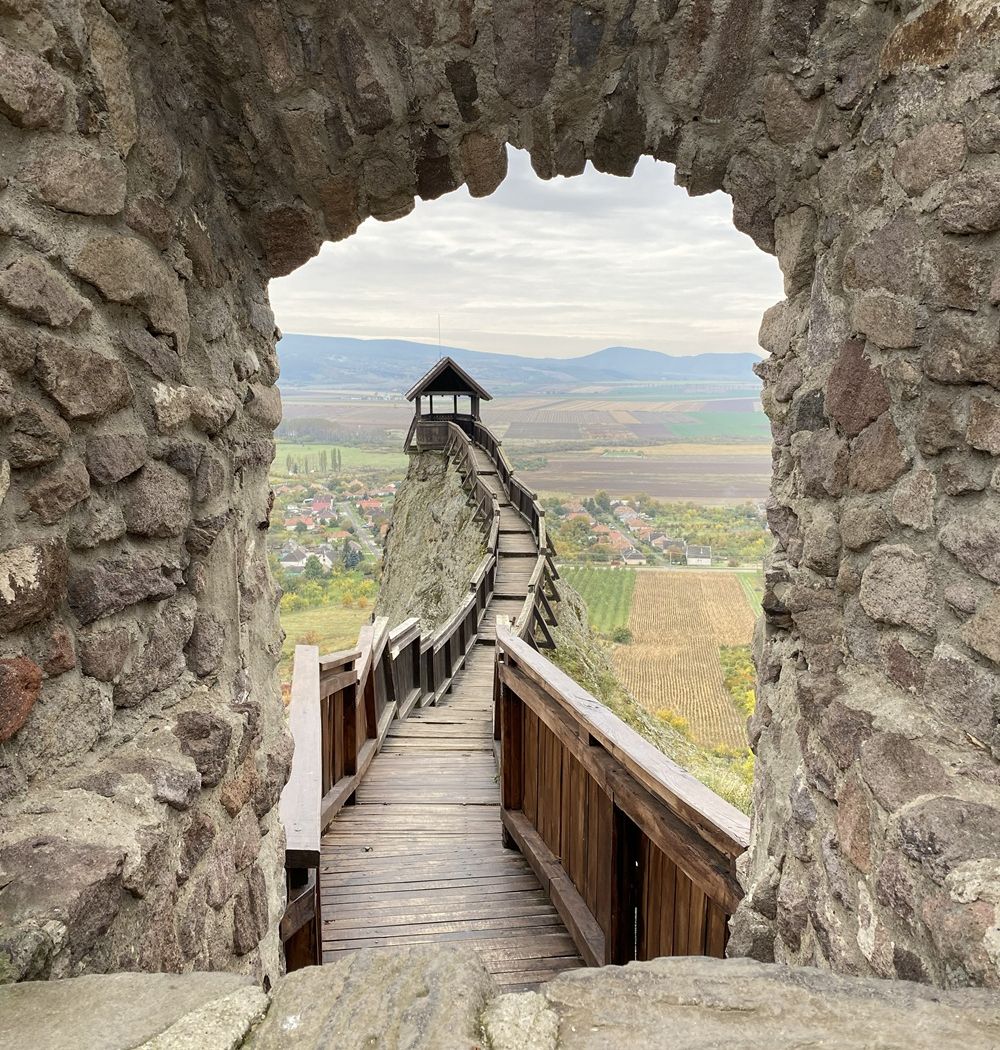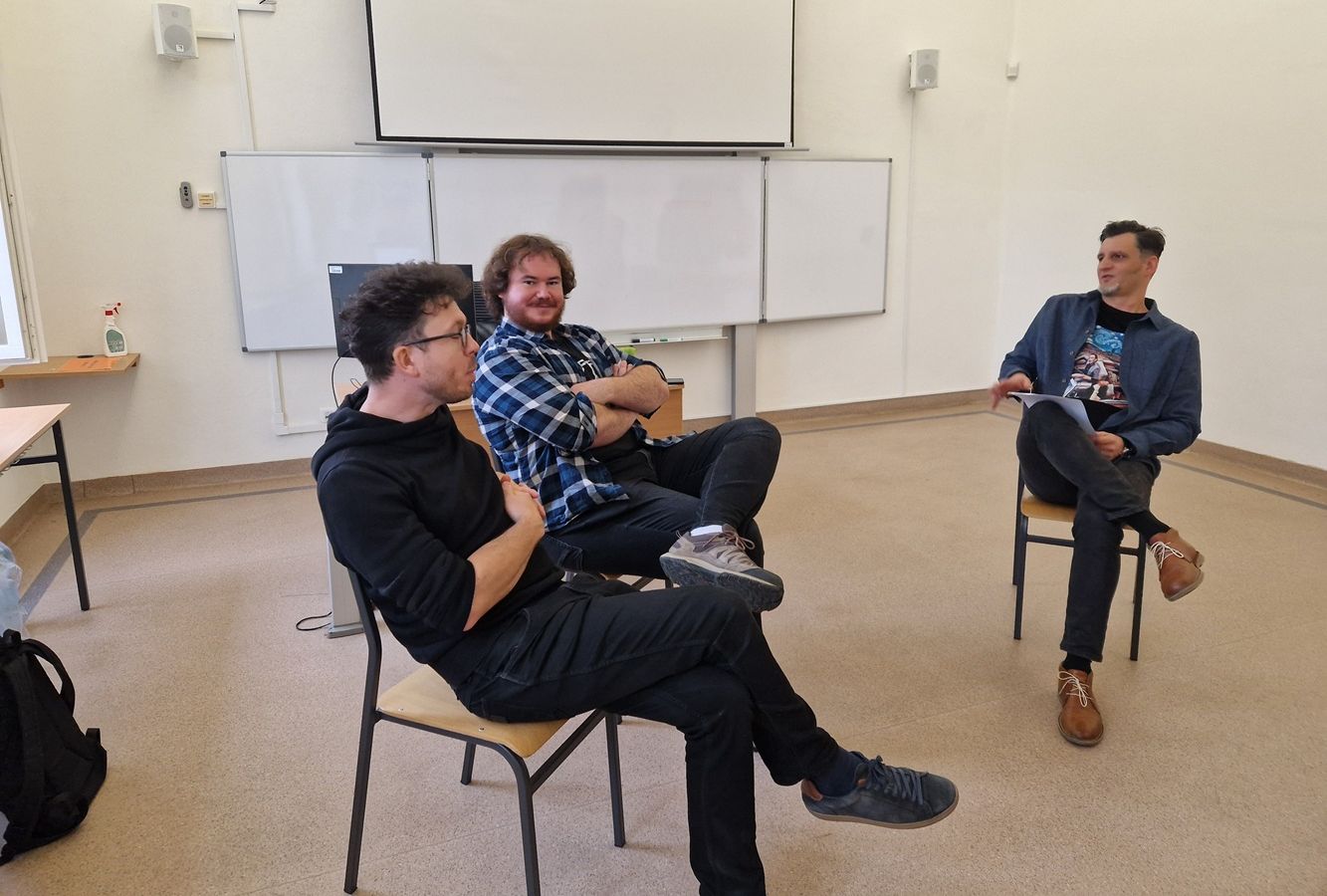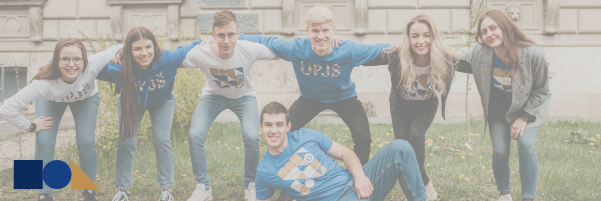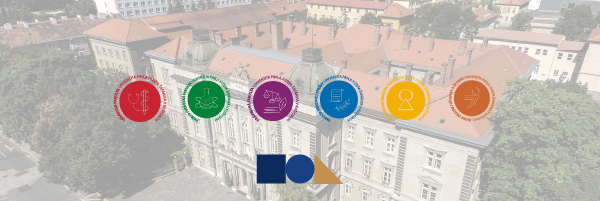Between 13 and 17 October 2025, an international Blended Intensive Programme (BIP) was hosted by the Department of History, Faculty of Arts, UPJŠ. This five-day event brought together students and lecturers from several European universities, including Cardinal Stefan Wyszyński University in Warsaw, Charles University in Prague, the University of South Bohemia in České Budějovice and the University of West Bohemia in Plzeň, to explore the history of tourism, mobility and travel across various historical periods and contexts.
The programme was opened by Dr. Maroš Melichárek (Department of History, Faculty of Arts, UPJŠ), Associate Professor Vladimír Lichner (Vice-Dean for International Relations, Faculty of Arts, UPJŠ), Prof. Martin Pekár (Head of the Department of History, Faculty of Arts, UPJŠ) and Associate Professor Mikuláš Jančura (Department of History, Faculty of Arts, UPJŠ). They welcomed the participants and outlined the activity’s aims: to connect historical thinking and the study of tourism and mobility with current sustainability and cultural heritage issues.
The opening lecture, Tourism in Antiquity, was presented by Dr. Kamil Švaňa (Department of History, UPJŠ), who discussed how travel in the ancient world shaped social relations and perceptions of the world. In the afternoon, the first block of student presentations followed, featuring papers on topics such as the 18th century Grand Tour phenomenon (Aleksandra Biegała, UKSW), the contrast between mass and individualised tourism (Karolína Rytychová, UWB), and the development of spa towns as centres of European tourism (Julia Tyzska, UKSW). The day concluded with a guided tour of medieval Košice, led by Associate Professor Drahoslav Magdoško (Department of History, UPJŠ). There was also an evening pub quiz organised by students of the Spolku Universitas, which offered an entertaining yet educational perspective on the history of tourism.
On the second day (14 October), Polish students presented papers on various topics, including the history of luxury trains (Karol Podolski, UKSW), the role of women in travel (Gabriela Kisielewska, UKSW) and the interconnections between tourism and nationalism (Franciszek Bogdaniuk, UKSW). In the afternoon, Associate Professor Mikuláš Jančura (Department of History, UPJŠ), delivered a lecture titled The History of Tourism: Background, Specificities, and Challenges for Historians, in which he discussed how tourism history can be explored within broader cultural and social contexts. In the evening, there was a screening of the film Green Book, followed by an online discussion with Prof. Jeffrey E. Anderson (University of Louisiana at Monroe, USA) about travel as a space for cultural encounters and prejudice.
The mid-week programme (15 October) focused on travel and tourism in totalitarian regimes. Student presentations covered topics ranging from the Nazi organisation Kraft durch Freude (Karolina Hollá, Charles University) to holidays in the Polish People’s Republic (Krzysztof Ligęza and Krystian Gajc, UKSW). Further papers compared past and present models of tourism (Veronika Ferenčíková, Charles University) and examined organised holidays through the lens of leisure and social clichés (Kateřina Eisenhammerová, Magdalena Rašpličková and Leona Kardová, USB). The morning session concluded with a specialist lecture by Dr. Marián Lukáč (Technical University of Košice), on The Past and Present of Tourism Legislation in Slovakia. In the afternoon, participants took part in a guided field trip to Bankov Forest Park with Mgr. Estera Pracuová (UPJŠ), exploring the economic, ecological and cultural aspects of this local recreational area.
On Thursday (16 October), participants embarked on a full-day excursion to the Tokaj region, including visits to Boldogkő Castle and a boat trip on the Bodrog River. The excursion combined historical and geographical context with a first-hand experience of a landscape that has shaped the region’s winemaking tradition and tourist identity for centuries.
The final day (17 October) featured a discussion titled Get Lost the Right Way… with representatives of Local Nomad Tours Košice (Igor Kupec, Andrej Klobušník), who introduced participants to current trends in sustainable tourism and authentic urban experiences. The final block of student presentations included topics on ecotourism (Kateřina Bučková, UWB) and cultural heritage and museology (Adéla Kovaříková, UWB). After a concluding discussion, the programme closed with an informal gathering, where participants exchanged experiences and ideas for future cooperation.
The Blended Intensive Programme Košice 2025 proved to be an event that successfully linked historical research with contemporary issues of travel and mobility. It created a platform for European students of history and related disciplines to meet their peers from UPJŠ, exchange perspectives, build academic networks, and experience Košice — a city that itself has evolved from a medieval centre into a modern hub of cultural tourism.
Text and photo: Dr. Maroš Melichárek, Assoc. Prof. Mikuláš Jančura
Department of History, Faculty of Arts, UPJŠ
Translation: Natália Rubeljová
